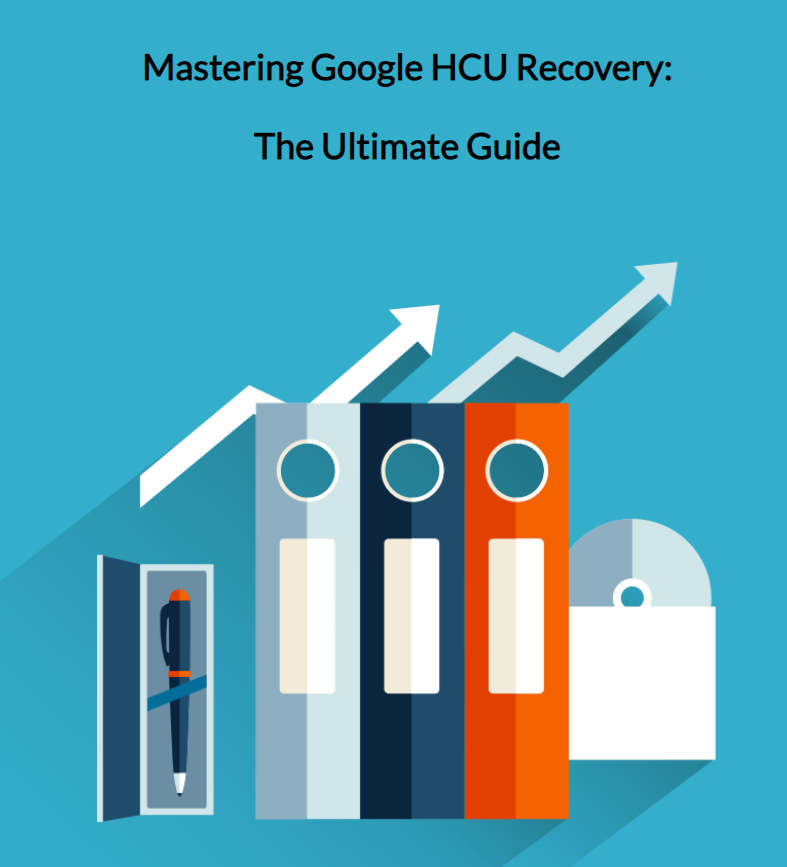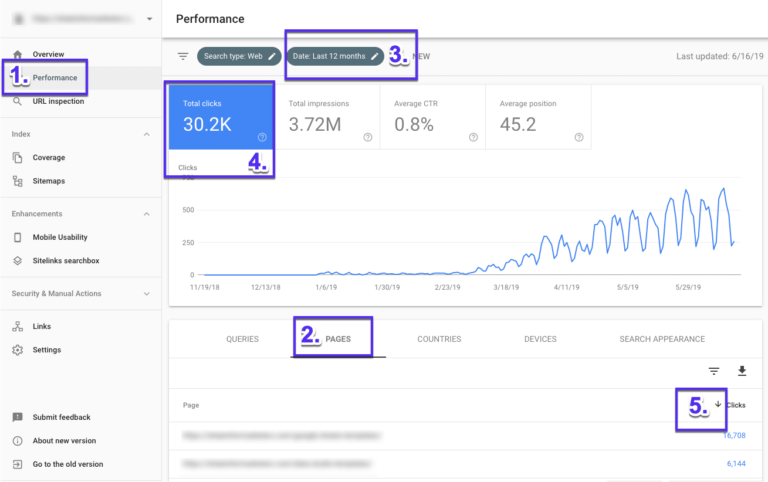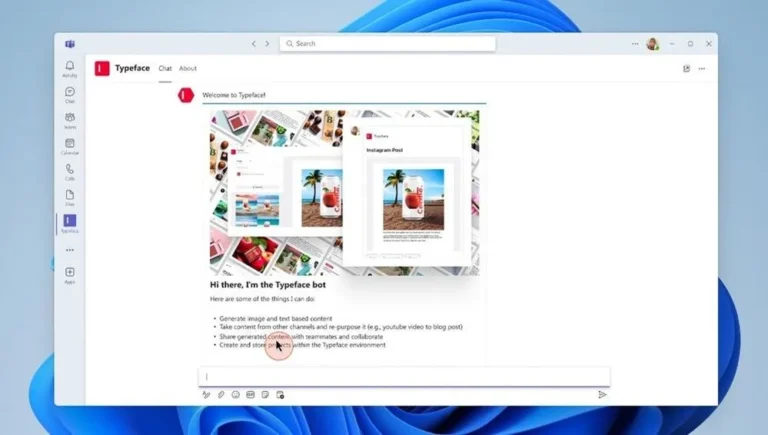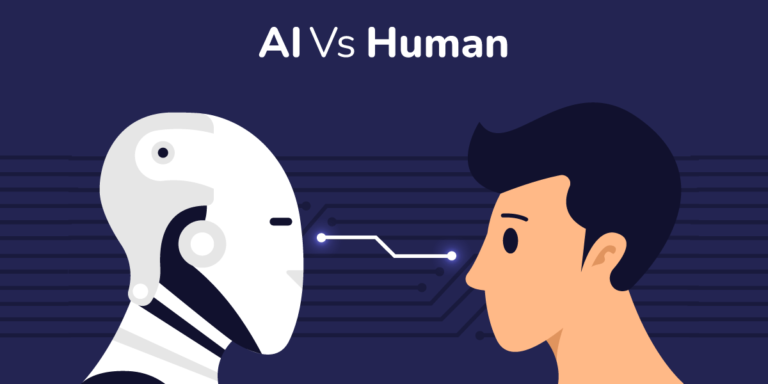How to Recover Your Website’s Ranking After the Google HCU Update?
Understand what the Google HCU update is and how it affects your website
The Google HCU (Homepage Authority) update was introduced in 2020, with the aim of improving search results by prioritizing websites with high-quality content. This algorithm update focuses on analyzing a website’s homepage authority, which refers to its ability to attract backlinks from authoritative sources.If your website has experienced a sudden drop in rankings, it could be due to this algorithm change. To recover your ranking after the Google HCU update, you need to conduct a thorough analysis of your website and identify any issues that are causing the drop.
Conduct a thorough analysis of your website to identify the issues that are causing the drop in rankings
To begin with, use tools like SEMrush or Ahrefs to check if there have been any changes in traffic patterns around when Google rolled out this particular algorithmic change. These tools can also help you identify keywords where you may have lost rankings.You should also perform an audit of all pages on your site using an SEO tool such as Screaming Frog or Sitebulb. Look for technical issues such as broken links, missing tags or headers and make sure they’re fixed immediately.
Review your website’s content and ensure that it is high-quality, relevant,and up-to-date
Once you’ve identified technical errors on each page of your site then move onto reviewing content quality across all pages:
- – Check for duplicate content – remove duplicates by consolidating similar pieces into one.
- – Ensure all articles contain well-written copy that is both informative & engaging
- – Make sure every piece has at least one unique image
- – Remove thin-content i.e., pages containing less than 300 words. Google loves fresh content, so make sure to update your website regularly with new and relevant content.
Check your website’s backlink profile and disavow any low-quality or spammy links
Backlinks are still an important ranking factor for Google, but not all links are created equal. A bad link can harm your site’s reputation in the eyes of search engines. Use a tool like Google Search Console or SEMrush to analyze the quality of the sites linking to yours. If you find any spammy or low-quality links pointing at your site then use Google’s Disavow Tool to tell them not to count those links when calculating rankings.
Ensure that your website is mobile-friendly and has a fast loading speed
Mobile-friendliness is now more important than ever since over 50% of all searches take place on mobile devices. Ensure that every page on your site loads quickly across all devices including desktops, tablets & smartphones. Google recommends using its own PageSpeed Insights tool which analyzes how long it takes for each page element (images, scripts etc.)to load and provides suggestions on how to improve speeds if necessary.
Implement structured data markup on your website to help search engines better understand your content
Structured data markup helps search engines better understand what information is contained within each page of a given site. This makes it easier for them to index pages accurately while also improving click-through rates by displaying rich snippets in SERPs (Search Engine Results Pages). You can implement structured data manually using Schema.org guidelines – this involves adding specific HTML tags around parts of text such as product prices & reviews- Or alternatively use plugins available from platforms like WordPress
Submit a reconsideration request to Google once you have addressed all of the issues on your website
Once you’ve fixed everything mentioned above then submit a Reconsideration Request via Google Search Console. This is a request to have Google review your site again and update their ranking algorithm accordingly. Make sure to explain what actions you’ve taken to improve the quality of your website, including any technical fixes or changes in content strategy.In conclusion, recovering from the Google HCU update requires diligent work. By following these steps, you can ensure that your website meets all of Google’s criteria for high-quality content and will be rewarded with higher rankings over time.








